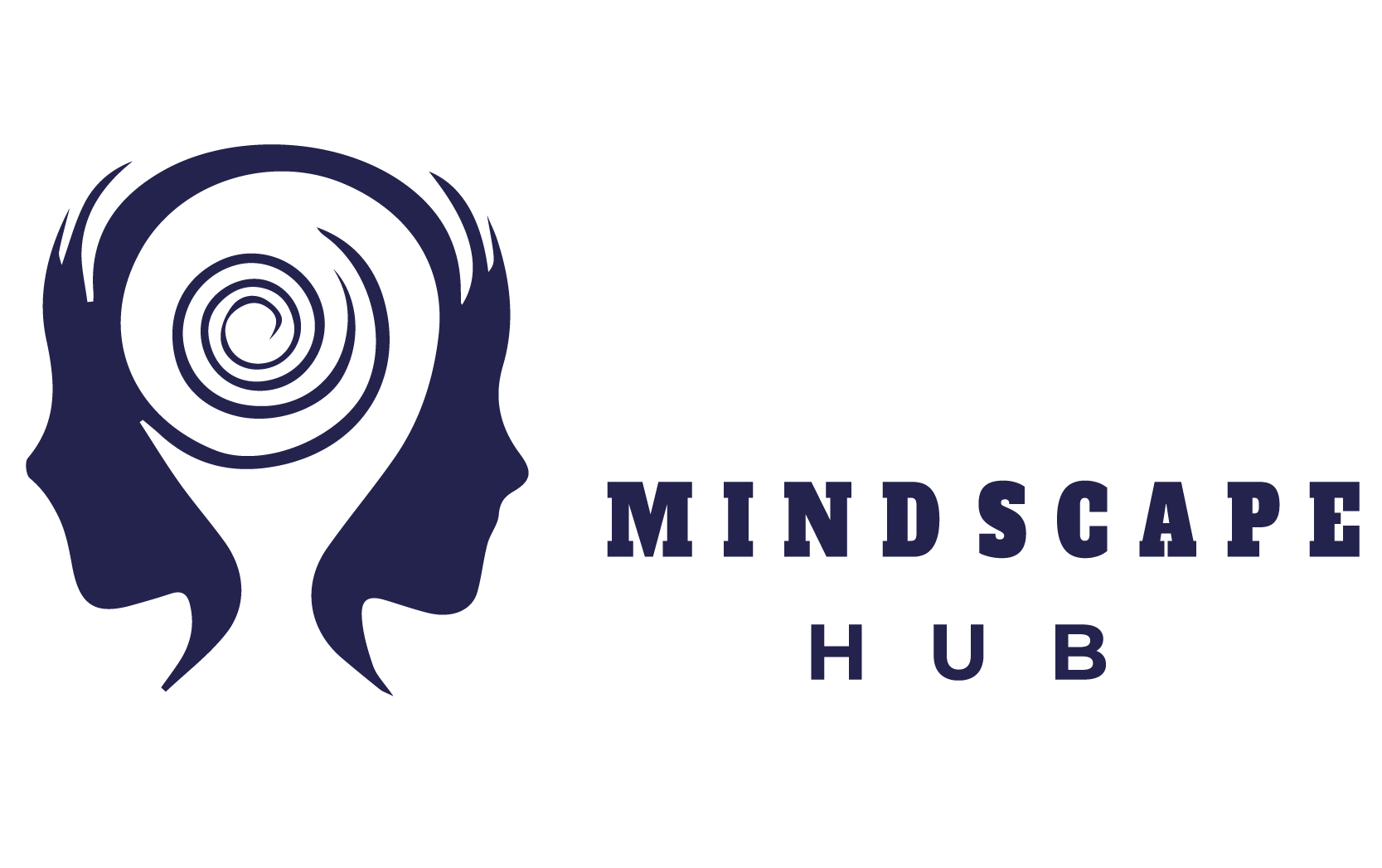Healing from trauma means that you have to acknowledge that what you went though was indeed traumatic. You cannot grief what you have lost unless you admit that you have lost something valuable.
Most of what we go through are shared and common experiences like poverty, emotionally unavailable parents, lack of extra support for living as an undiagnosed (depression, adhd, high functioning autism and more) child and teen, unstable childhood, experiencing domestic violence, experiencing substance abuse at home and living with parents with unmanaged psychological issues just to name a few.
Events like these that over repetition snatches away a person’s sense of safety altering their perception towards themselves, their surrounding and people are called complex trauma.
In absence of such skills, you can be stuck with inability to be independent, form meaningful relationships, have trust in your ability and leave you with feeling of lack of identity, shame, and isolation. These tasks need to be completed even during adulthood if they weren’t done during childhood.
- Trauma changes the way nervous system works, it changes the way processes, stores and makes meanings of information. Understanding this, you should learn to have immense compassion towards yourself.
- Coping with trauma, you might have developed strategies to ensure safety. But these coping mechanisms aren’t always the best way to deal with every situations specially when the immediate threat has passed and the life situations have changed. Recognizing and learning better coping strategies are also one of the major tasks for trauma survivors.


